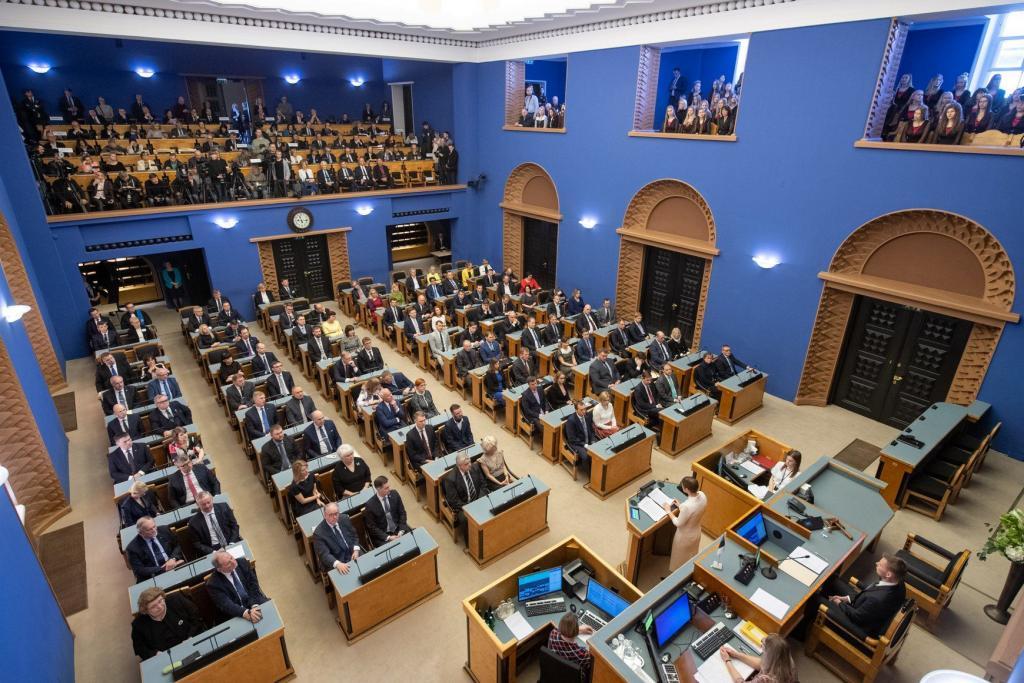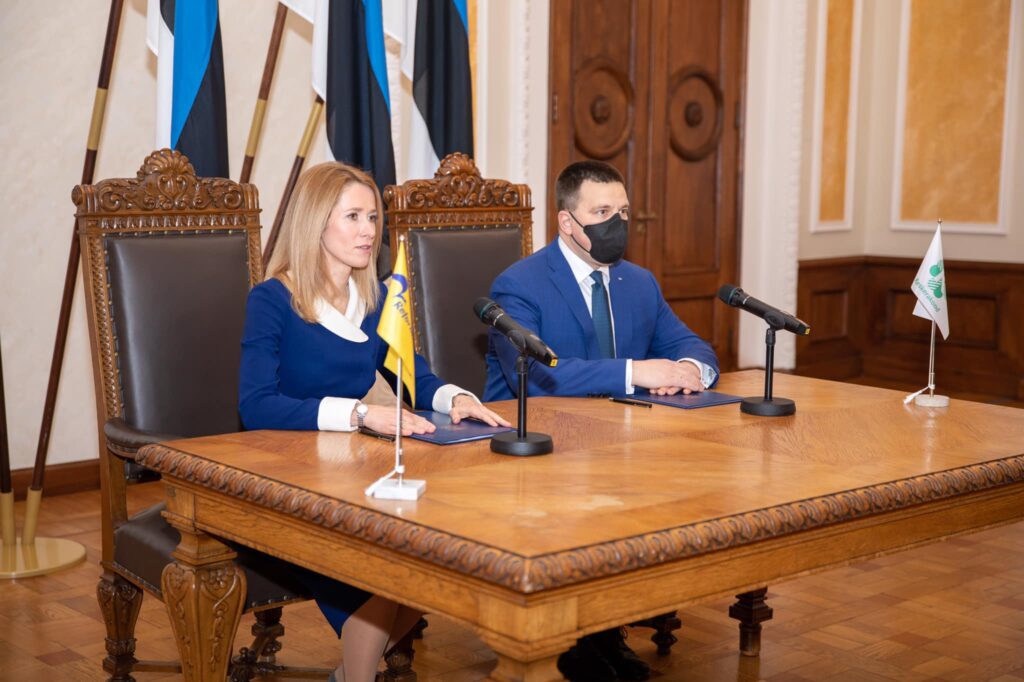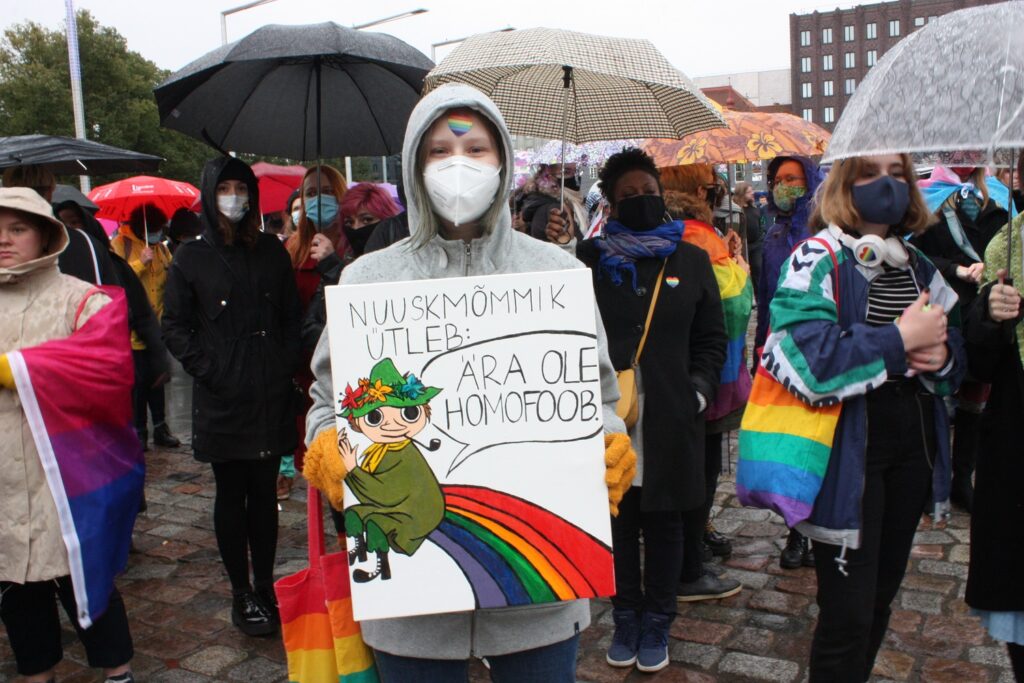According to the latest report by the Estonian Human Rights Centre, the human rights situation in Estonia has deteriorated in the last two years.
Egert Rünne, the executive director of the centre, said the national protection of human rights had failed to gain momentum.
“It is positive that the marriage referendum (the Estonian Conservative People’s Party wanted to define marriage as a union of a man and a woman in the Estonian constitution and therefore proposed a referendum – editor) was cancelled, but the government has not begun to tackle problems that have been waiting for years to be resolved,” Rünne said in a statement.
The latest report by the centre points to human rights issues that are still waiting for a solution. The implementing provisions of a law allowing gender-neutral civil partnerships have been waiting for adoption by the Estonian parliament, Riigikogu, for seven years, for example. Successive governments have not taken measures to counter hate speech; all prisoners are still subjected to a general ban on voting; the retention of telecommunications data is not compliant with European Union law.

As the few positive changes, the centre highlighted the improvement of the availability of psychological help to minors and the raising of the age of sexual consent to 16 years (from 14 years of age).
Restrictions during the COVID-19 pandemic
For the first time, the report addresses social human rights and restrictions applied during the coronavirus pandemic.
During the reporting period, COVID-19 restrictions have affected freedom of movement, assembly and association, the right to respect for private and family life, the right to education and the right to conduct business.
“Restrictions on basic rights and freedoms have not been disproportionate, but the reasons provided by officials and politicians for this have not always been clear or understandable,” Liina Laanpere, one of the authors of the report, noted.

The authors of the Human Rights in Estonia 2022 report are independent experts from various non-governmental organisations. The topics include the situation of ethnic minorities, refugees, asylum seekers and disabled people as well as freedom of assembly, administration of justice and freedom of speech.
The Estonian Human Rights Centre is an independent non-governmental human rights organisation that stands for an Estonia where the rights and freedoms of every person are respected. The centre has published the human rights report on Estonia since 2007.
Read also: Egert Rünne: We ensure people’s trust by valuing human rights.
Cover: LGBT+ rally in Tallinn, 18 October 2020. Photo by Grete Maria Neppo.

